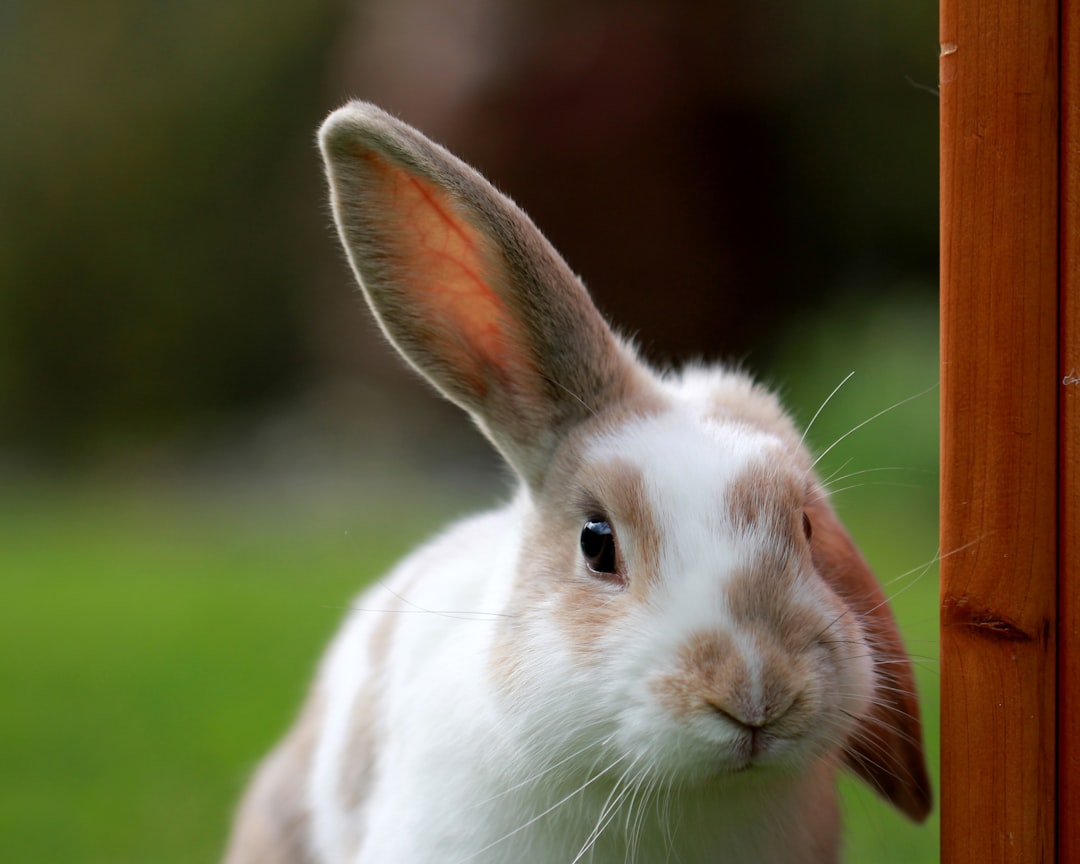Veterinary Nurse Tapuhi Kararehe
Veterinary nurses help assess, treat and care for sick and injured animals. They also interact with clients and perform receptionist duties.
Veterinary nurses may choose to register with the Allied Veterinary Professional Regulatory Council.
Veterinary nurses may do some or all of the following:
- perform duties, such as taking and developing x-rays, collecting blood samples, and testing animals for pregnancy, under the direction of veterinarians
- assist during surgical procedures, including monitoring the anaesthetic
- clean, sterilise and prepare surgical instruments and other equipment used during operations
- perform diagnostic tests and keep records
- feed and exercise animals
- carry out administrative and receptionist duties at a clinic and give advice to clients over the phone
- clean the cages and surgery areas, and carry out general cleaning duties
- accompany and assist veterinarians on call-outs to locations such as houses and farms.
Physical Requirements
Veterinary nurses need to be reasonably fit, healthy and strong as they spend long periods on their feet and may have to lift heavy animals.
Useful Experience
Useful experience for veterinary nurses includes:
- any work with animals, for example, as an SPCA volunteer or kennel hand
- voluntary work for a veterinary practice.
Personal Qualities
Veterinary nurses need to be:
- good communicators
- able to handle stressful emergency situations
- empathetic, patient and concerned for animals
- organised
- able to show initiative.
Veterinary nurses must also be able to deal with the process of putting an animal down (euthanasia) and providing support to clients during this difficult time.
Skills
Veterinary nurses need to have:
- animal-handling skills
- knowledge of basic science, including the anatomy and physiology of animals
- Knowledge of veterinary equipment and testing methods
- knowledge of animal care, hygiene and medicines.
Conditions
Veterinary nurses:
- may work regular business hours or flexible hours. They may have to be on call, do shift work, and work on weekends
- work in veterinary clinics or surgeries and other locations such as farms and stables
- may have to travel locally to visit clients, especially if working in a rural area.
Subject Recommendations
A tertiary entrance qualification is required to enter further training. Useful subjects include biology, chemistry, English and maths.
Related Courses
Veterinary Nurses can earn around $50K-$60K per year.
Pay for veterinary nurses varies depending on qualifications, experience and employer.
- Veterinary nurses usually earn $50,000 to $60,000 a year.
Source: Seek, 2023.
Veterinary nurses can move into related areas, such as animal pharmaceutical sales and laboratory work, or progress into managerial positions.
With further training, they may progress to become veterinarians.
Veterinary nurses can specialise in roles such as:
- Rural Animal Technician
- Rural animal technicians help assess, care for and treat large animals such as horses, cattle, sheep, deer and pigs.
- Veterinary Technologist
- Veterinary technologists help assess, care for and treat both large and small animals, and do some tasks traditionally done by veterinarians.
Years Of Training
2-3 years of training required.Veterinary nurse
To become a veterinary nurse you need to complete the two-year New Zealand Diploma in Veterinary Nursing (Level 6) with strands in companion animal and equine veterinary nursing.
Rural animal veterinary technician
To become a rural animal veterinary technician you complete the New Zealand Diploma in Rural Animal Veterinary Technology (Level 6).

 Epsom Girls Grammar School
Epsom Girls Grammar School